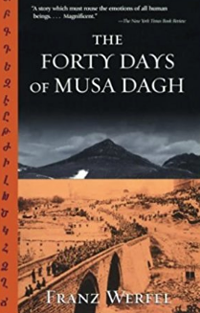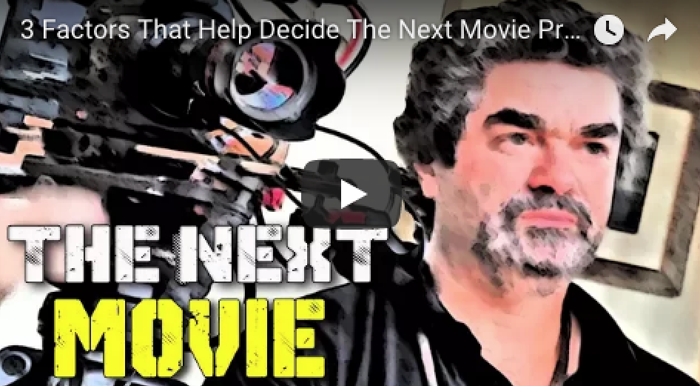
Watch the video interview on Youtube here
Film Courage: Well, Joe you’ve covered so many niches from [the rock band] Metallica in therapy, the [Arkansas case of the] West Memphis 3, [author/coach] Tony Robbins, [Boston case of] Whitey Bulger, at this stage of your career how do you know when you want to invest time and money into a story? What is it about a story where you say “Okay, this is something I want to commit several years and maybe even a lifetime to dealing with?”
Joe Berlinger: You know, I’ve been lucky enough to cover a wide range of material and to make quite a few films. Somehow they keep letting me do it. And the strange thing is that sometimes instead of me choosing the subject, the subject kind of chooses me at a period if my life where I feel like there is something I need to learn.
For Tony Robbins [I AM NOT YOUR GURU] , I was open to that kind of thinking for the first time in my life and it’s a very positive film because Tony had a very positive impact on my life and I wanted to share that with other people.

Watch the video here
You know, some people looked at that film and were waiting for the third-act-shoe-to- drop where I ripped him to shreds and show why what he’s doing is a bad thing, but that wasn’t my intention.
With Metallica, there was a whole other set of reasons in my life why that film came to me. So when I look back (in some ways and a lot of the times) the subject that I need to learn about at that moment seems to be my guiding principle (as odd as that sounds) but it’s not just a passive thing either. Obviously I choose the films that I want to make and generally I look for opportunities where by focusing on the plight of a particular individual it shines a light on a larger aspect of the human condition.
And I think film is an incredible medium for social change. I mean I’ve had the good fortune of where much of my work has had a direct impact on a case or a situation. And so I just finished a couple of recent television series, one for Spike. It’s called ‘Gone, The Forgotten Women of Ohio,‘ where the mothers of these dead and missing prostitutes were feeling like nobody cared about their situation, nobody cared about solving the crimes against these women because they were prostitutes and drug abusers. And I felt like look, everyone deserves justice regardless of your lifestyle and so I looked into that case and was compelled to try and help and provide some answers and I felt I could actually make a difference. Some stories are presented to me where I feel like I can’t get the access or whatever. But you know, it’s a strange group of criteria that make me feel like this is the right thing.
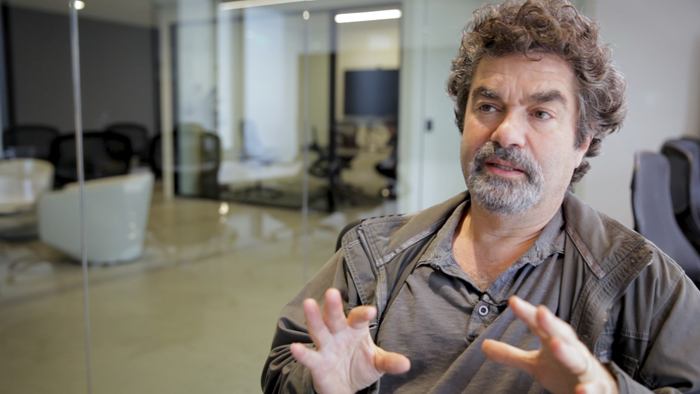
Watch the full video on how Joe’s documentary INTENT TO DESTROY was made here
And then at the most basic level, is this a situation or are these people that I want to spend two, two and a half years with because that’s an arc of a film.
And even if it’s an ugly story, whether it’s a pleasant story or an ugly story, that’s not the deciding factor of ‘Do I want to spend two, two and a half years?’ It’s who are these people? Can I make an impact? Can I be successful in my filmmaking mission? And those are kind of the factors as to whether or not you want to spend two and a half years of your life doing something.
Question for the Viewers: What movie are you planning and why are you going to make it?
About INTENT TO DESTROY (wording from official site here):
Pulling back the curtain on Genocide censorship in Hollywood due to U.S. government pressure to appease a strategic ally, Intent To Destroy embeds with a historic feature production as a springboard to explore the violent history of the Armenian Genocide and legacy of Turkish suppression and denial over the past century.
Joe Berlinger’s thirteenth feature documentary film captures the cinematic and political challenges of producing a historically meaningful, big-budget feature film in an environment rife with political suppression and threats of retaliation. In 2015, Academy Award-winning director Terry George (Hotel Rwanda, In the Name of the Father) took on the challenge of making the first mainstream film about the Armenian Genocide, despite previous failed attempts. Beginning production in 2015 on what George hopes will be the Armenian “Schindler’s List”, he directs The Promise, a sweeping World War I romantic drama set in the heart of the Ottoman Empire during the 1915 Armenian Genocide that wiped out 1.5 million Armenians. Provided unrestricted on-set access, Berlinger followed the production as it shot in Spain, Malta and Portugal, using the on-set behind-the-scenes experience as a lens to explore the reality and complexities of the actual Genocide and its subsequent denial.
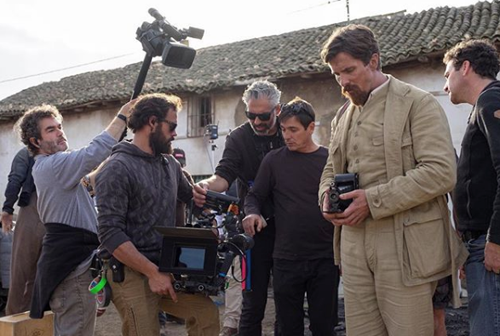
Berlinger juxtaposes evocative and beautifully shot scenes from the feature film with actual archival images from the period, along with present day interviews from a variety of experts, allowing the documentary to depict the reality of the atrocities carried out against the Armenians by the Ottoman Turks in a haunting and cinematic manner. Additionally, Berlinger uses the present-day film production to provide a framework for a systematic examination of a century of historical perversion by the Turks and those who have an interest in denying the Genocide. Turkish lobbying efforts have shuttered previous American film and literary productions that used the Armenian Genocide as a backdrop, making the release of The Promise the product of nearly 80 years of work and setbacks to bring this story to the big screen as a mainstream Hollywood production. Moreover, since the end of World War I, Turkey has successfully shaped international perception of what most historians consider the first genocide of the twentieth century, largely removing it from international consciousness through lobbying and threats of retaliation…(Read more here via Intenttodestroy.com).
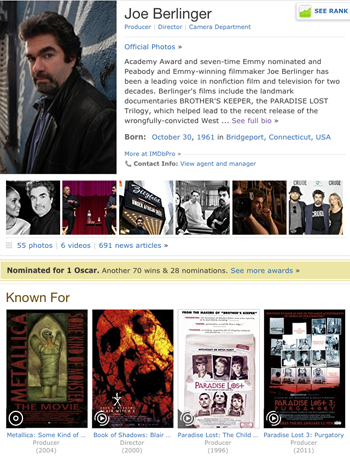
About Joe Berlinger:
Academy Award and seven-time Emmy nominated and Peabody and Emmy-winning filmmaker Joe Berlinger has been a leading voice in nonfiction film and television for two decades. Berlinger’s films include the landmark documentaries BROTHER’S KEEPER, the PARADISE LOST Trilogy, which helped lead to the recent release of the wrongfully-convicted West Memphis Three, and METALLICA: SOME KIND OF MONSTER, a film that re-defined the rockumentary genre. CRUDE, about oil pollution in the Amazon Rainforest, won 22 human rights, environmental and film festival awards and recently triggered a high profile First Amendment battle with oil-giant Chevron. Five of Berlinger’s documentary features, including his Emmy-nominated 2012 Paul Simon documentary UNDER AFRICAN SKIES, have premiered at the Sundance Film Festival, earning three Grand Jury Prize nominations. He has also received multiple awards from the Directors Guild of America, the National Board of Review and the Independent Spirit Awards.
CONNECT WITH ‘INTENT TO DESTROY
Intenttodestroy.com
Twitter
Thepromisetoact.org
CONNECT WITH JOE BERLINGER
Joeberlingerfilms.com
IMDB
Twitter
Instagram.com
Advertisement





